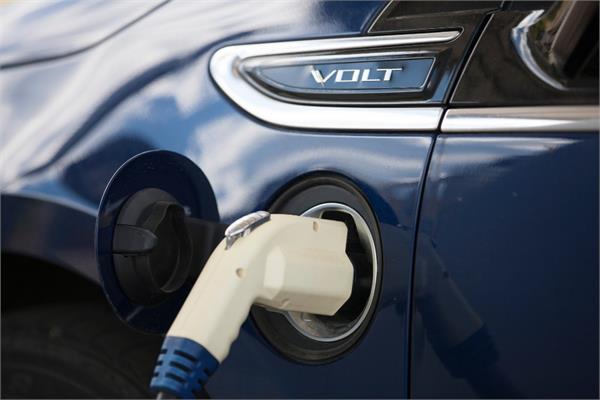
The newly developed co-solvent for water-based coatings from OQ Chemicals helps prevent cracking in high-energy electrodes used in lithium-ion batteries.
OQ Chemicals has recently launched Oxvolt S221, a co-solvent for water-based electrode coatings that enables crack-free surfaces after coating and drying for lithium-ion batteries, especially for automotive industry that requires durable and environmentally friendly batteries for e-mobility.
Oxvolt S221 is particularly suitable for high energy graphite anodes and has already been approved by some battery cell manufacturers. Indeed, it acts as a film-forming agent and ensures a uniform coating of the graphite anodes, allowing for better electrode processing and reduces production failure rates compared to conventional water-based manufacturing processes.
"In a pilot test at CustomCells in Itzehoe, Oxvolt S221 has shown in a water-based graphite anode production process that it has the potential to increase the efficiency of graphite anode production compared to a purely water-based production process. The electrical properties and lifetime of the battery cells are not affected. After the C-rate* and 300 charge cycle aging test, there were no significant differences in performance compared to the purely water-based manufacturing process," has stated Claudia Fischer, Director of Global Business Development at OQ Chemicals.
Moreover, Oxvolt S221 lowers the viscosity of the slurry, enhancing its processability by improving both the mixing properties and the quality of the electrode after coating and the initial drying stages. Functioning similarly to N-methylpyrrolidone, Oxvolt S221 is biodegradable and non-toxic. It is also water-soluble and is added to the water as a co-solvent in small percentages, evaporating fully during the drying process.
Lastly, for LFP cathodes, the use of Oxvolt S221 as a co-solvent in water has demonstrated promising results, significantly enhancing electrode processability. This technology contributes to the development of high-performance, eco-friendly, high-energy batteries for electric vehicles.